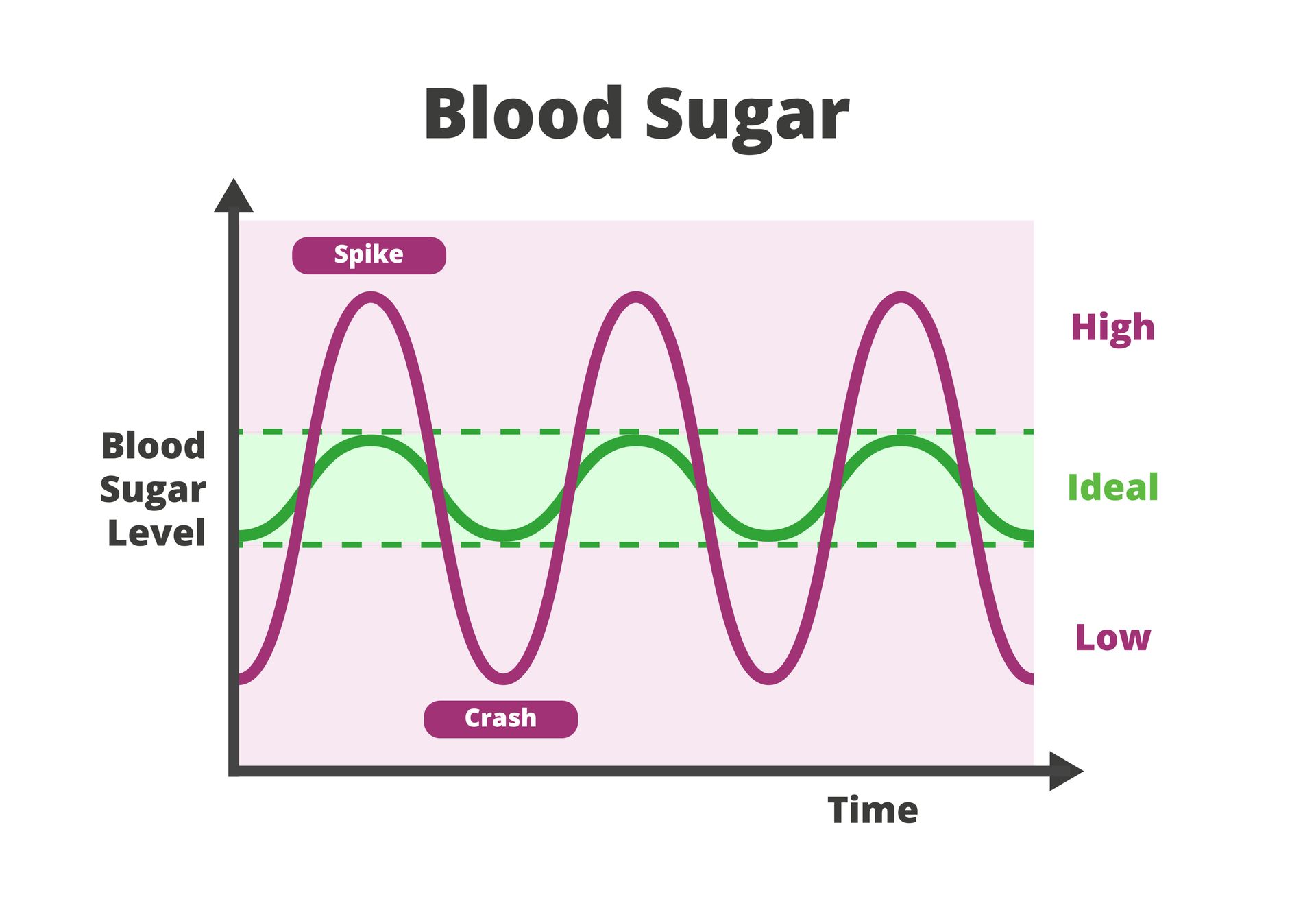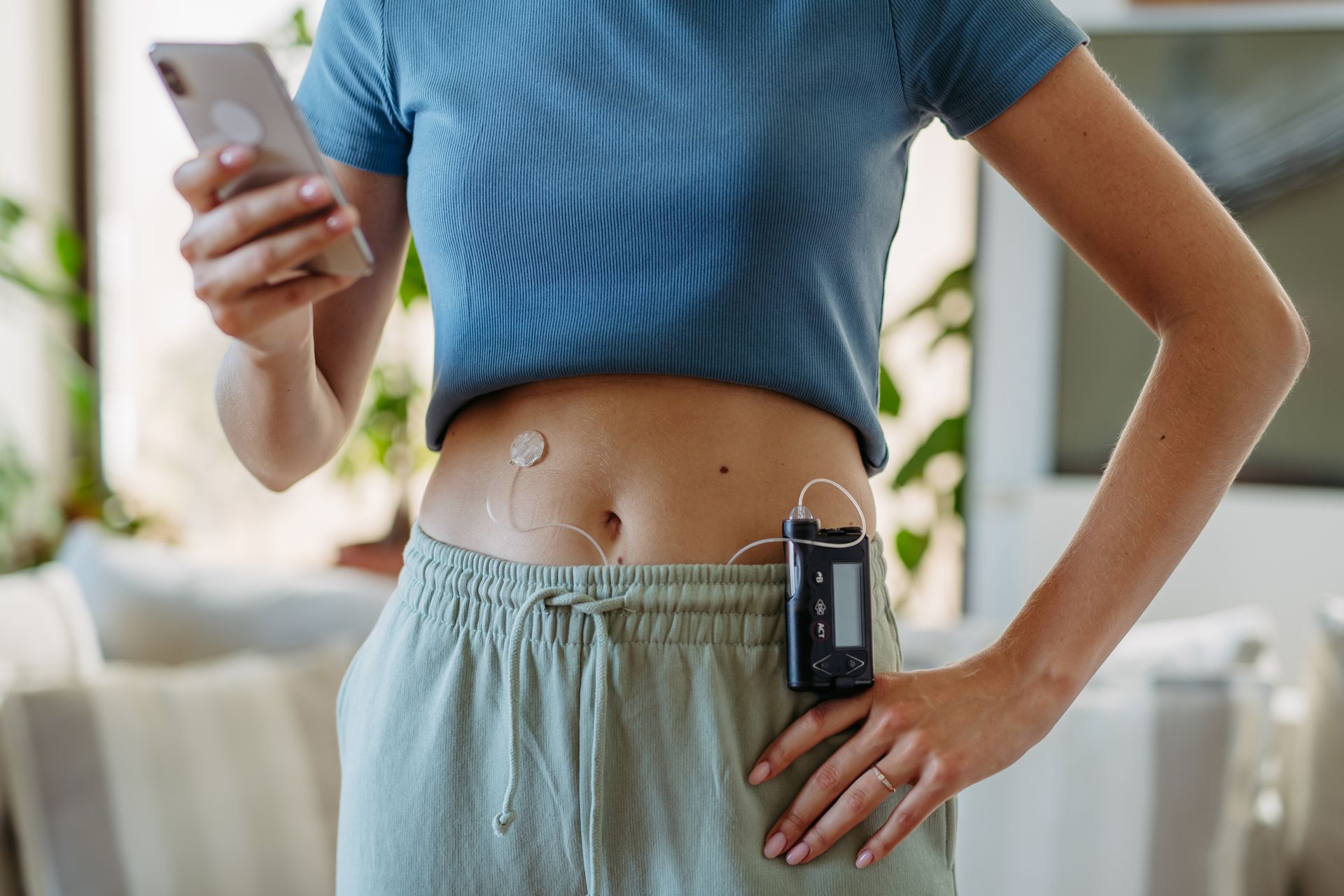Recent Posts
Ocular Allergies

We’ve all done it. You dig right in and rub until your heart’s content. Your eyes briefly stop itching BUT THEN it returns with a vengeance. Now your eyes are itchy again AND red and puffy. Now that we’re stepping our way into spring time, the pollen will start coating everything and causing that wonderful itchy reaction in your eyes (as well as your nose). So what can you do?
Avoid them. First things first, you can spend more time indoors, keep your windows up in your car, and avoid freshly cut grass. Consider wearing your glasses instead of contact lenses. Your glasses can give you an extra layer of protection. When all else fails, get the heck out of Dodge! Take a vacation to where the pollen count is lower.
Now for the rest of us where the suggestions above aren’t possible. Taking oral antihistamines like loratadine, diphenhydramine, or cetirizine can definitely help your stuffy nose but not always help with your itchy eyes. Additionally, those medications can dry out your eyes.
Topical antihistamines like over-the-counter drops ketotifen and olopatadine work very well against ocular allergies. Your eye doctor can also prescribe prescription drops that are also effective. Avoid redness reliever drops if possible as they can cause worse symptoms if used for more than a few days. Artificial tears can additionally be used to help soothe your eyes and wash out allergens.
For those that need even more help or would like an option that doesn’t include medications, cleaning the eyelids and lashes and performing cool compresses can help. You can use diluted baby shampoo or commercially available lid scrubs to help remove any allergens stuck to your skin or lashes. A cool compress can help reduce the puffiness, soothe your eyes, and decrease itching.
Lastly,
DO NOT RUB YOUR EYES. I know it gives you some temporary relief but it also causes more fluid to build up in the tissue around your eyes making them puffier and causes more histamine to be released making them itchier.
Talk to your eye doctor if you believe you have ocular allergies and what options will be best for you.









